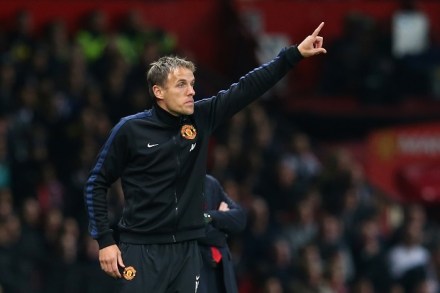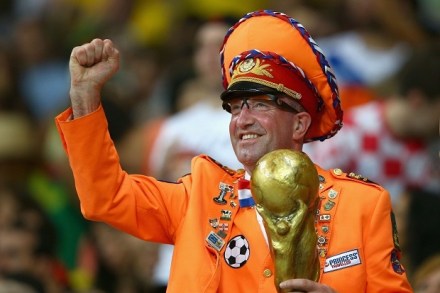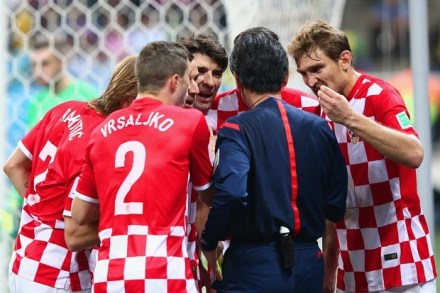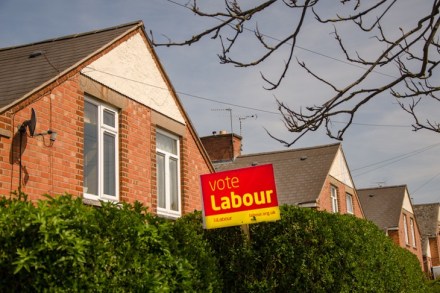The bits of Magna Carta that David Cameron won’t want taught in schools
The not-so-great charter David Cameron wants every child to be taught about Magna Carta. Some bits he might want to leave out: — ‘If one who has borrowed from the Jews any sum, great or small, die before that loan be repaid, the debt shall not bear interest while the heir is under age.’ — ‘No one shall be arrested or imprisoned upon the appeal of a woman, for the death of any other than her husband.’ Foul play Is there a correlation between bad behaviour from a country’s football team and violence in the country as a whole? WORST-BEHAVED TEAMS IN EUROPE Homicides per 100,000 people Ukraine 4.3 Romania

















